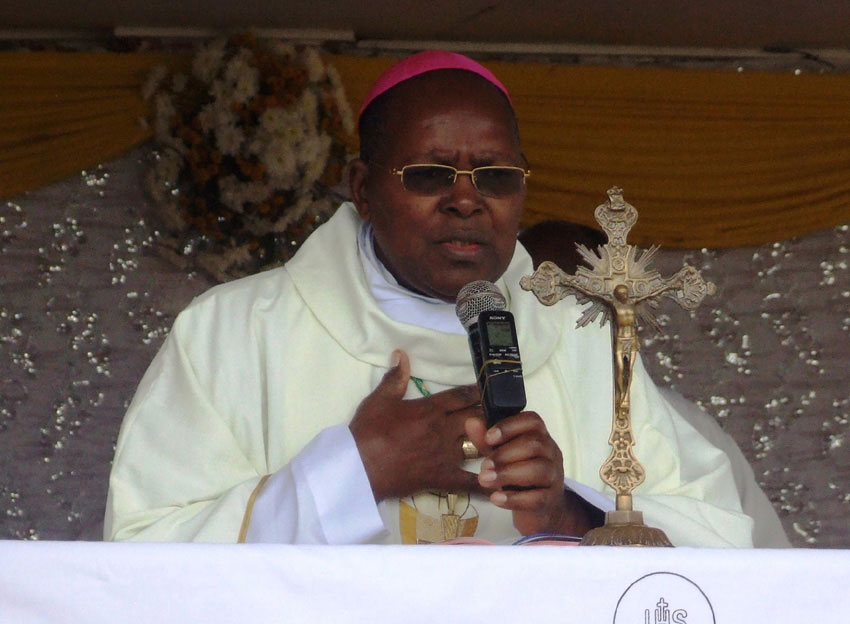In a jaw-dropping legal tussle that can only be described as a blockbuster courtroom thriller, DFCU Bank Ltd and its former managers find themselves dragged into the legal coliseum of the United Kingdom.
This follows a resounding defeat in their desperate bid to escape the clutches of justice in the Crane Bank Case.
The hallowed halls of the Supreme Court of the United Kingdom in London became the stage for a high-stakes battle, where the embattled DFCU Bank Ltd and its cohorts faced a merciless dismissal with costs.
The appellants, including the likes of Juma Kisaame, Jimmy Mugerwa, and William Sekabembe, were left in the wake of a scathing ruling by the triumvirate of legal titans—Lord Lloyd-Jones, Lord Leggatt, and Lord Burrows.
With a poetic flair, the ruling declared that “Permission to appeal be refused because the applications do not raise an arguable point of law which the court should consider at this time.”
The reverberations of these words echoed through the courtroom, sealing the fate of the beleaguered DFCU.
The legal theatrics reached a crescendo as the Appellants were not only denied a lifeline but were also saddled with the onerous task of paying Crane Bank its due costs, a sum to be determined through the enigmatic assessment prowess of Laura Angus, the Registrar of the Supreme Court. The financial repercussions added a tantalizing twist to the already gripping narrative.
Crane Bank Ltd, under the formidable ownership of Ugandan tycoon Sudhir Ruparelia, emerged as the tenacious protagonist, fervently seeking retribution to the tune of more than 220 million dollars.
Their claim, a tale of an alleged illegal sale and transfer of assets and liabilities to DFCU, unfolded like a Shakespearean tragedy on the global legal stage.
The saga began in December 2020 when Crane Bank, armed with the sword of justice, unsheathed its legal might in the UK High Court. The bone of contention? The purportedly illicit sale of assets and the transfer of liabilities to DFCU by the Bank of Uganda in 2017.
Initially dismissed by the High Court, Crane Bank’s resilience bore fruit when the Court of Appeal swooped in, decreeing that some acts were indeed of a commercial nature, rendering them subject to trial on English soil.
As the curtain falls on this legal spectacle, the world watches with bated breath as DFCU and its former luminaries prepare to face the crucible of the UK courts, where justice is served with a side of poetic irony and the weight of financial retribution looms large.
Do you have a story in your community or an opinion to share with us: Email us at editorial@watchdoguganda.com












